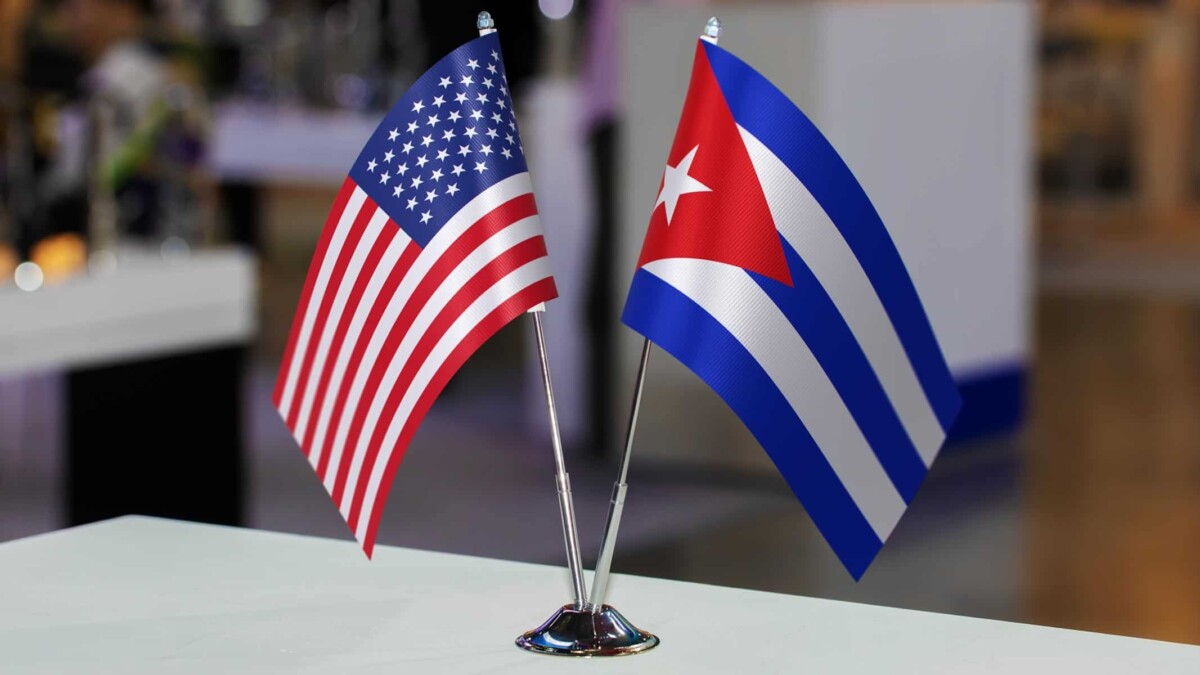In a significant shift in foreign policy, the United States has decided to remove Cuba from the list of countries not fully cooperating in the fight against terrorism. This move raises questions about the reasons behind this reconsideration and the implications it could have for relations between the two countries.
How Does the United States Justify This Decision and What Is It Based On?
A Change in Circumstances
According to information gathered from various official sources, the U.S. Department of State justified its decision by pointing to changes in the circumstances that prevailed between 2022 and 2023. These changes include the resumption of police cooperation between the U.S. and Cuba, particularly in areas related to counterterrorism efforts.
This marks a significant contrast with 2022, when Cuba was criticized for not cooperating with Colombia on extradition requests for members of the ELN, which led to its inclusion on the list.
Reactions and Consequences
The decision has been welcomed by the Cuban government. Cuban Foreign Minister Bruno Rodríguez highlighted on the social media platform X that the United States finally recognizes that Cuba fully collaborates with antiterrorism efforts.
However, he also emphasized the need for the United States to cease the political manipulation of the issue and remove Cuba from the list of state sponsors of terrorism, a designation that remains a source of diplomatic tensions and economic sanctions.
Removing Cuba from this specific list of non-cooperation does not imply its removal from the list of state sponsors of terrorism, where it still appears alongside countries such as Iran, Syria, and North Korea. The distinction between these lists is crucial, indicating that while there are advances on some fronts, significant challenges remain in the bilateral relationship.
Potential for Improved Relations
This development could be a step toward improving relations between the United States and Cuba, although full normalization of relations remains complicated and dependent on future negotiations and political changes.
The situation remains dynamic, and the coming months will be critical for understanding the direction of policies in both Washington and Havana regarding their commitments and cooperation on the international stage.
This change in the U.S. stance toward Cuba in the context of the fight against terrorism not only adjusts U.S. foreign policy but also opens new avenues for collaboration on other security and diplomatic issues. The situation invites close attention to future interactions between these two countries, which have a long history of challenges and confrontations.
✅Para Recibir TODAS las Noticias GRATIS 👉Síguenos desde Aquí

